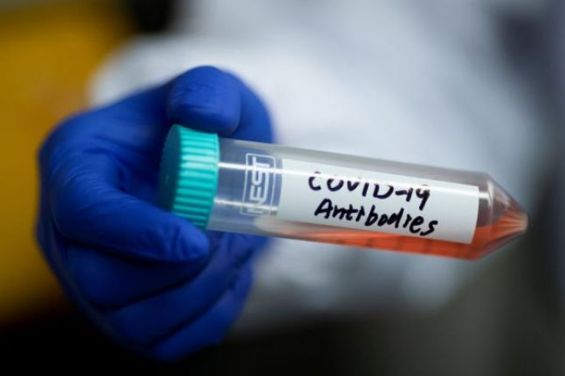How long does protective immunity last among COvid-19-survivors ? This question was recently answered in a new study conducted by Harvard Medical School investigators at Brigham and Women’s Hospital.
Findings published earlier this month in peer-reviewed journal Cell reveal that while some Covid-19 patients started to lose antibodies against the virus shortly after disease resolution, others «sustained antivirus antibody production» months after infection.
Patients from the second group are called «sustainers», as pointed out by the study. The latter also unveils that the sustainers recovered quickly and had a shorter course of symptoms.
These findings suggest that «some individuals who recover from COVID-19 quickly may be mounting a more effective and durable immune response to the virus».
To reach these conclusions, the team behind the study analyzed blood samples and immune cells from patients who recovered from mild to moderate Covid-19, Harvard Medical School wrote. It is worth mentioning that the study did not take into account asymptomatic Covid-19 patients.
Sustainers vs. decayers
Results showed «important variations both in the nature of the immune responses across individuals and how long this immune response lasts».
«We’ve found a subset of individuals who heal quickly while sustaining virus-specific antibody levels after COVID-19», said Duane Wesemann, HMS associate professor of medicine and an immunologist and associate physician in the Brigham Division of Allergy and Clinical Immunology.
«The kind of immune response we’re seeing in these individuals is a bit like investing in an insurance policy—it’s the immune system’s way of adding a potential layer of protection against future encounters with the virus, and some people are able to make a more durable ‘investment'».
In other words, the researchers discovered that Immunoglobulin G (IgG) levels, a type of antibody, tend to decline significantly in most people over the course of three to four months. But in about 20 percent of the individuals who got their blood samples and immune cells analyzed, antibody production «remained stable or enhanced over the same period».
The team also found out that while the «sustainers» had symptoms for a shorter period of time, «decayers» experienced Covid-19 symptoms for a period that goes from 10 to 16 days.
These conclusions indicate that there is a specific immune profile among those who managed to handle the disease, researchers say, adding that it is unclear whether this is due to genetic factors or immune defenses.
«Figuring out how these individuals are able to support longer-term antibody production is relevant to COVID-19 and will also have important implications for our understanding of the immune system in general», Wesemann concluded.
The findings of this study come as several laboratories around the world are racing to produce a reliable Covid-19 vaccine while the raging pandemic is affecting millions of people. On Monday, American and German laboratories Pfizer and BioNTech have announced that their Covid-19 vaccine has been found to be more than 90 percent effective.





 chargement...
chargement...












